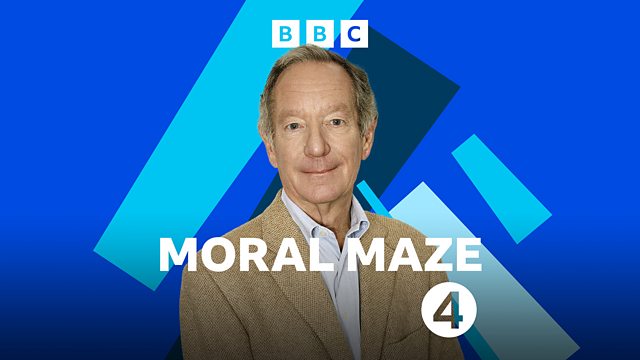The Morality of Taxation
Combative, provocative and engaging live debate chaired by Michael Buerk. With Giles Fraser, Anne McElvoy, Ash Sarkar and Tim Stanley. #moralmaze
The G7 group of advanced economies has reached a deal to make multinational companies pay more tax. It is a cause which has focussed minds in the wake of a costly global pandemic. For centuries, taxation has been seen as a moral, as well as an economic, principle. At a national level, some see this as a moment for the government to be bold in recouping wealth from those who have become richer during the Covid-19 crisis, and redistributing it to redress the social and economic inequalities the virus has exposed. Those who argue for high taxes on the rich believe that no one achieves their wealth on their own; rather, their wealth is a product of the society they live in, and taxation is a moral mechanism to recognise the people and infrastructures that enabled that wealth creation in the first place. While some see taxation as raising revenue for public goods, others see it as plunder and theft. Low tax enthusiasts don’t view taxation as a moral obligation at all, since there is no choice involved, and they often object to the way in which their money is spent. Moreover, they don’t believe that higher taxes are intrinsically more moral since public spending can relieve people of personal responsibility and limit their ability to spend their own money on the charitable causes that matter to them. Would a truly fair and equal society need to tax its citizens? What constitutes a fair tax system? To what extent is the contents of our pay packet ‘ours’? With Dr Eamonn Butler, Dr Philip Goff, James Quarmby and Carys Roberts.
Producer: Dan Tierney.
Last on
Broadcasts
- Wed 9 Jun 2021 20:00������̳ Radio 4
- Sat 12 Jun 2021 22:15������̳ Radio 4
Podcast
-
![]()
Moral Maze
Live debate examining the moral issues behind one of the week's news stories. #moralmaze



